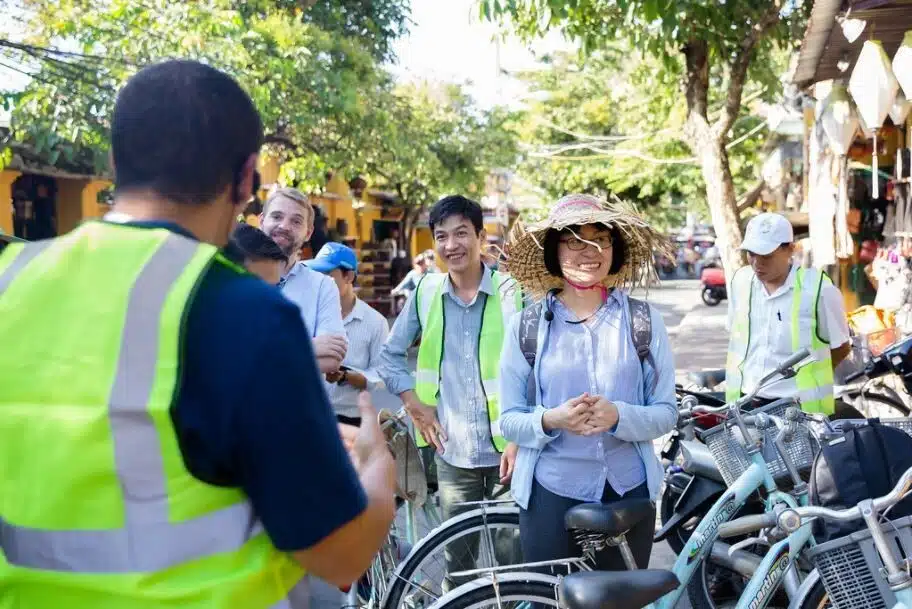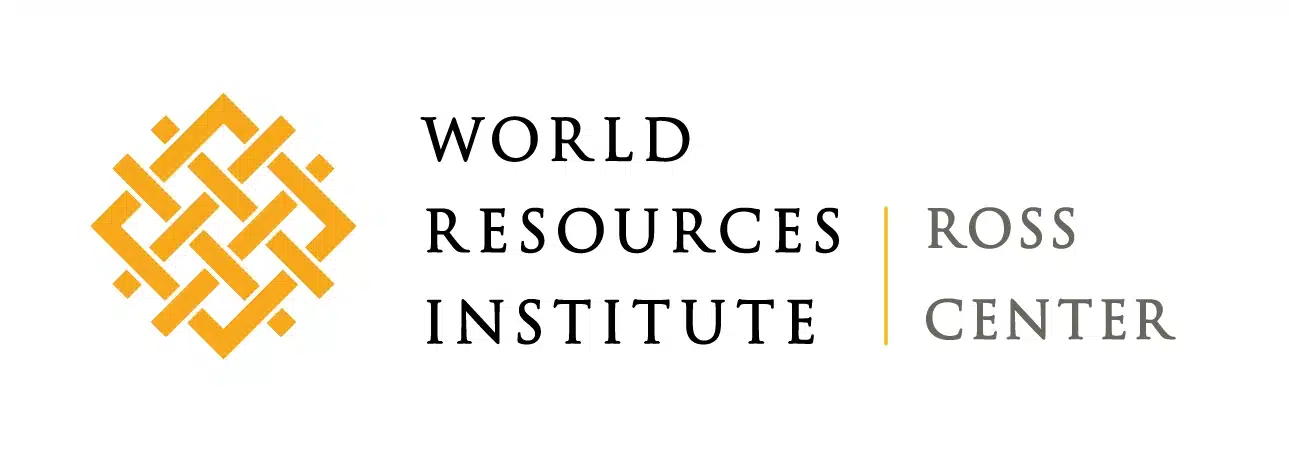Bicycle Sharing Program
The TUMI Challenge in historical Hoi An, Vietnam supported the city to promote non-motorized modes of transport by improving the bicycle infrastructure and introducing the first Public Bike Sharing Scheme (PBS). The project has proved how far the switch to active mobility can positively impact its citizens and be as efficient as the motorized options, serving both locals and tourists. The shock of Covid also reiterated this fact when citizens in Hoi An used the system for safe public transport to and from the market.







